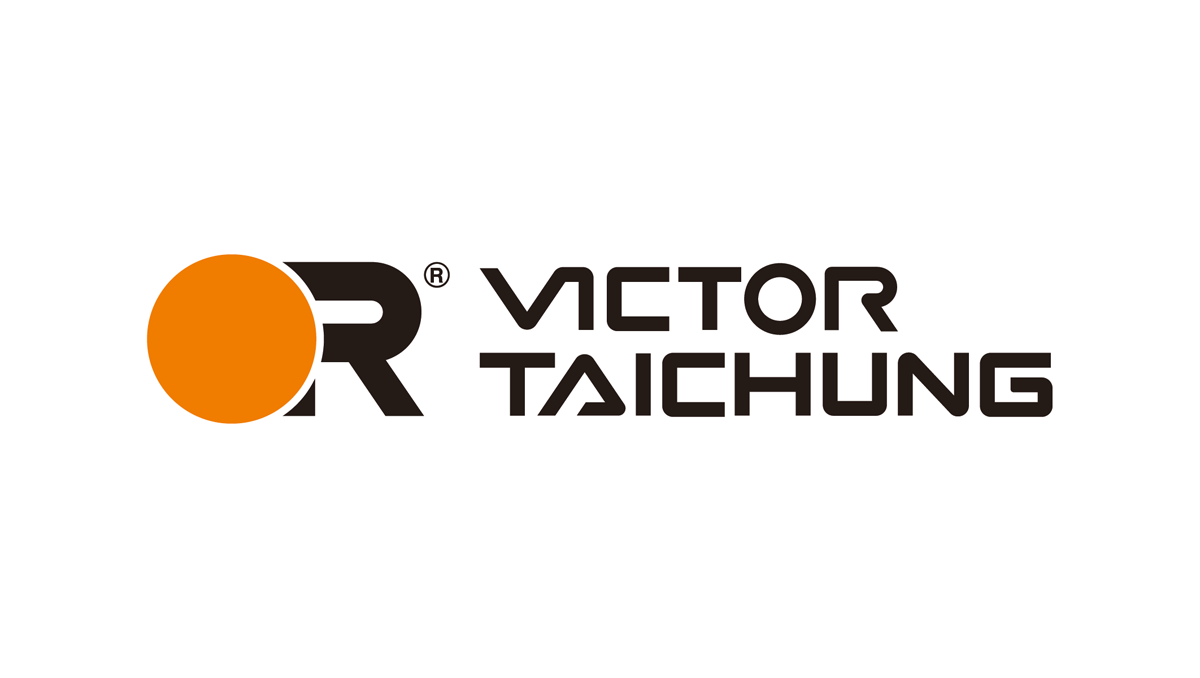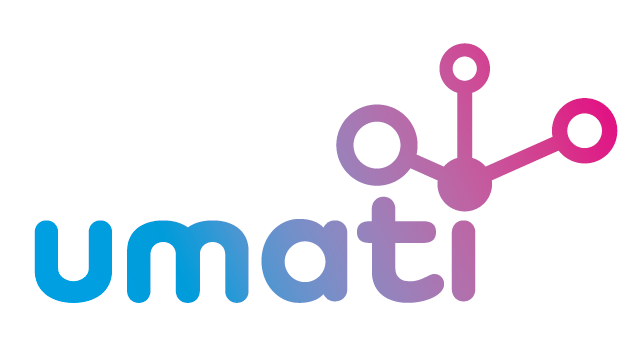
Victor Taichung Machinery Works is now part of the umati community
What expectations do you have of umati, what do you expect from the partnership?
We aim to reduce communication costs between equipment manufacturers and users, and expedite the development and installation of
IoT (Internet of Things) for manufacturing equipment through the umati interface standard.
What advantages does umati offer your company and your customers?
By having a common communication foundation, various equipment in different industries are allowed to connect to each other on the same platform,
making data transmission between machine tools, product management systems, etc. simple and fast, Become the driving force for the growth of automation equipment.
How do you evaluate the expansion of the umati initiative to the entire mechanical engineering industry?
umati standardizes the information of IoT interfaces, expediting the integration process of smart factories. This facilitates the accelerated development of various smart applications.
In the future, both machinery manufacturers and manufacturing operators can enhance equipment value or optimize production processes through value-added applications on this platform. This is commendable progress.
About Victor Taichung Machinery
Victor Taichung Machinery, dedicated to technological innovation and high-quality products, continues to develop the next generation of CNC machine tools. In response to the trends of Industry 4.0 and the sustainable development of businesses, Victor Taichung Machinery has invested NT$3.5 billion to acquire land and build a facility in the Taichung City Precision Machinery Innovation Technology Park. The facility covers nearly 9,400 square meters, including the headquarters building and smart factory, with a total construction area of 17,300 square meters.
Within the facility, four Industry V4.0 intelligent automated machining production lines, eight smart assembly lines, elevated automatic warehousing, and AGV unmanned transport vehicles have been implemented. The integration of IoT with ERP, APS, MES, and other systems is utilized, and a situation room has been established to efficiently convey information. This enables real-time monitoring of the factory’s production progress, providing feedback to the coordination center. Supervisors can utilize management based on data, shifting from traditional experiential decision-making to data-assisted decision-making, thereby improving their adaptability and reducing the risk of erroneous decision-making by each management team.
